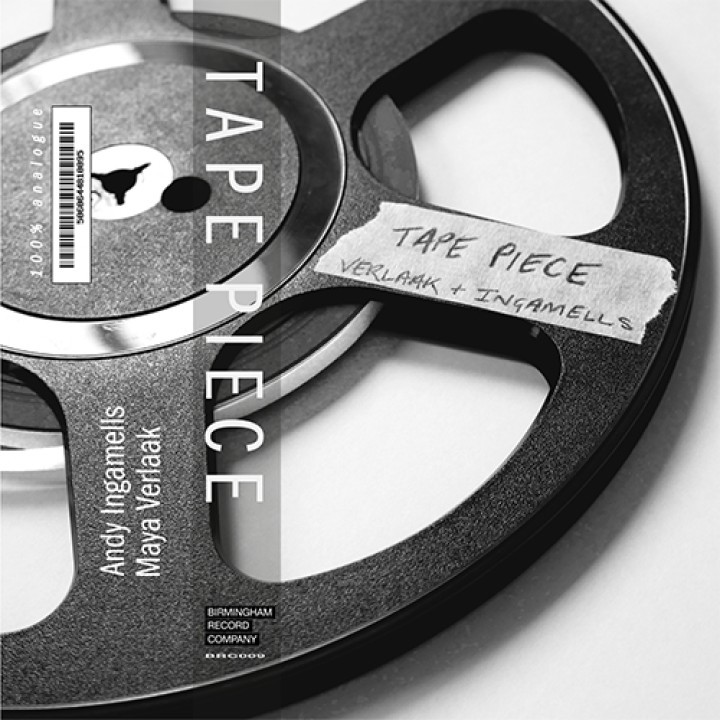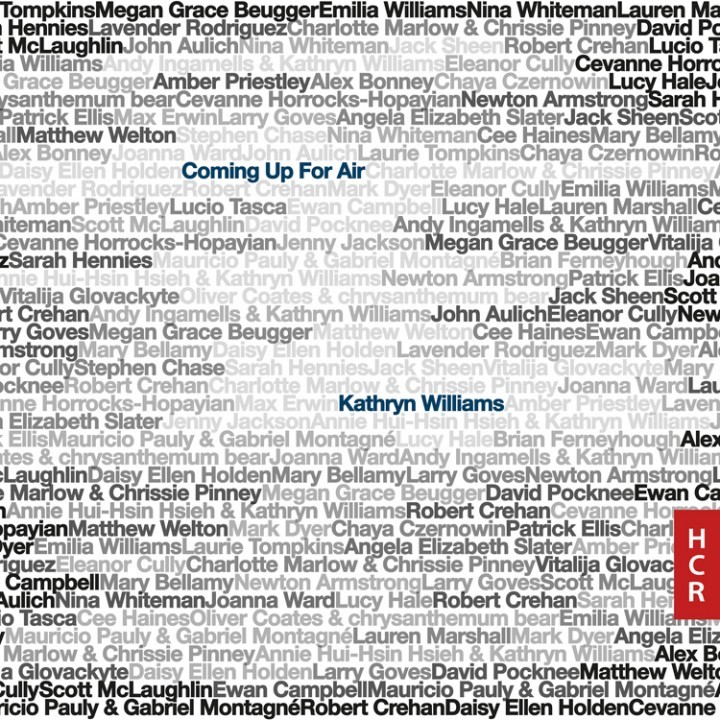Andy Ingamells
Andy Ingamells is an experimental musician who develops alternative methods of composition that blur the line between composer and performer. He has filled taxis with recorder players reading traffic lights as notation, played gold-painted pianos overflowing with buckets of red wallpaper paste, invented the game of violin cricket, and been tickled by improvisers playing his ticklish body as a musical instrument. His work is rooted in traditional elements of music making and Western classical concert conventions, but implemented in a different way. Traditional elements such as score-reading, performance and improvisation often do not give way to recognisably musical material. His is a musical practice that does not privilege the sounding result, but sees it as one amongst many different and equal possibilities.
His work has been performed in the National Portrait Gallery, the Handel & Hendrix House Museum and Café OTO in London, the Orgelpark and Muziekgebouw in Amsterdam, the Lapidarium of Kings in Copenhagen, Walled City Festival in Derry, Birmingham International Dance Festival, and Cheltenham Music Festival. Ensembles that have played his work include Apartment House, Orkest de Ereprijs, House of Bedlam, Bastard Assignments, The Hermes Experiment, soundinitiative, Kirkos, BLOCK4, Ensemble x.y and Mocrep. Since 2018 he has performed in Private Hire, a duo with flautist Kathryn Williams. In 2019 he formed a collaborative partnership with composer Seán Clancy.
Andy is a graduate of the Master Artistic Research programme at the Royal Academy of Art in The Hague, and completed his bachelor study at Birmingham Conservatoire, winning the BMus Prize and the Orchestral Composition Prize in addition to the Composition Department Prize for his hour-long performance entitled Piano Recital. In 2017 he completed a PhD supported by the AHRC Midlands3Cities Doctoral Training Partnership, with the aim of his research being to develop an expanded compositional practice through a framework in which the act of composition can be performed through ‘reading’, ‘character’ and ‘playing’.
Andy Ingamells is an experimental musician who develops alternative methods of composition that blur the line between composer and performer. He has filled taxis with recorder players reading traffic lights as notation, played gold-painted pianos overflowing with buckets of red wallpaper paste, invented the game of violin cricket, and been tickled by improvisers playing his ticklish body as a musical instrument. His work is rooted in traditional elements of music making and Western classical concert conventions, but implemented in a different way. Traditional elements such as score-reading, performance and improvisation often do not give way to recognisably musical material. His is a musical practice that does not privilege the sounding result, but sees it as one amongst many different and equal possibilities.
His work has been performed in the National Portrait Gallery, the Handel & Hendrix House Museum and Café OTO in London, the Orgelpark and Muziekgebouw in Amsterdam, the Lapidarium of Kings in Copenhagen, Walled City Festival in Derry, Birmingham International Dance Festival, and Cheltenham Music Festival. Ensembles that have played his work include Apartment House, Orkest de Ereprijs, House of Bedlam, Bastard Assignments, The Hermes Experiment, soundinitiative, Kirkos, BLOCK4, Ensemble x.y and Mocrep. Since 2018 he has performed in Private Hire, a duo with flautist Kathryn Williams. In 2019 he formed a collaborative partnership with composer Seán Clancy.
Andy is a graduate of the Master Artistic Research programme at the Royal Academy of Art in The Hague, and completed his bachelor study at Birmingham Conservatoire, winning the BMus Prize and the Orchestral Composition Prize in addition to the Composition Department Prize for his hour-long performance entitled Piano Recital. In 2017 he completed a PhD supported by the AHRC Midlands3Cities Doctoral Training Partnership, with the aim of his research being to develop an expanded compositional practice through a framework in which the act of composition can be performed through ‘reading’, ‘character’ and ‘playing’.
Compilations with this composer
CompilationsRelated composers
Related composersRelated news
NewsExternal Links
Music Map
Discover more about the classical music of today with NMC's Music Map, and exciting and educational online tool which enables you to see and hear the connections between composers, their teachers, pupils, influences and their works.
Music Map



